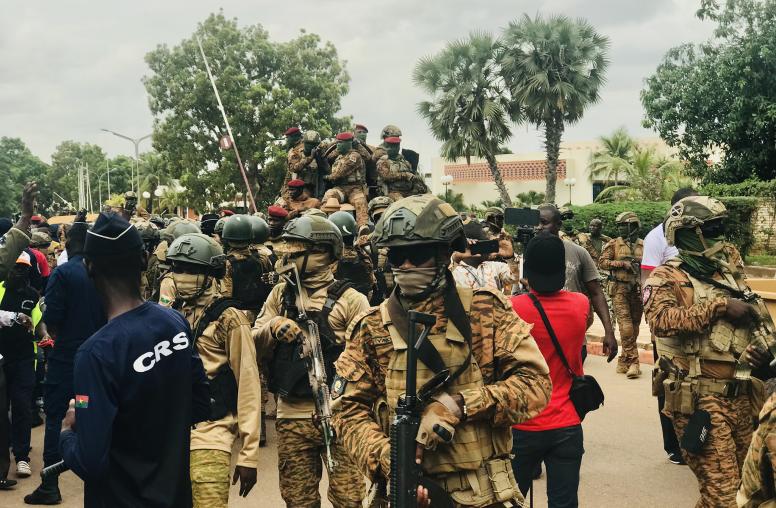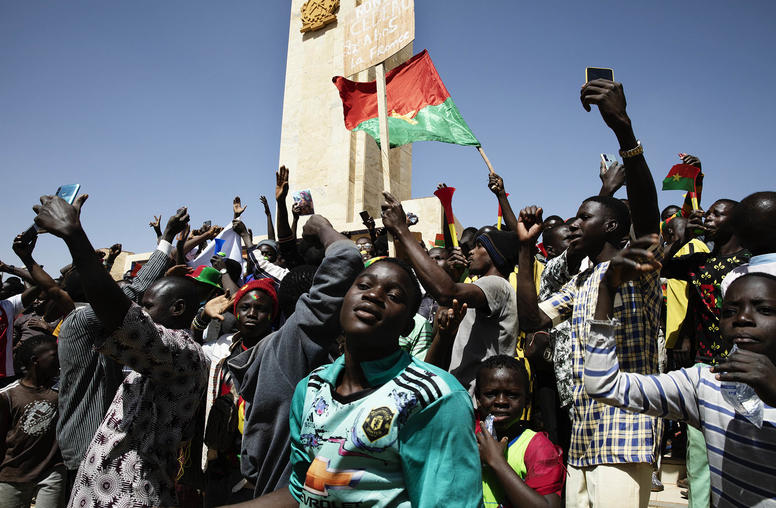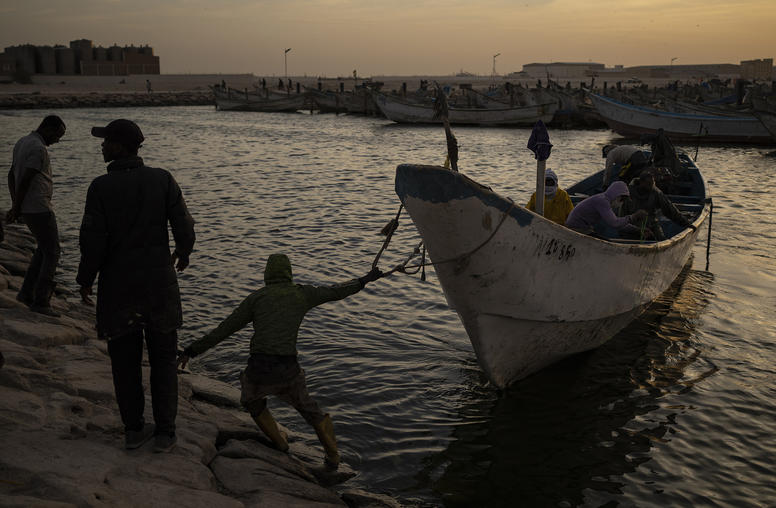The Shocking Rise in Coups - Day 1
Sudan and Mali
As the Biden administration commits to revitalizing global democracy, the shocking rise in the number of recent coups demands an urgent response from the United States and its allies and partners. The number of coups and coup attempts in 2021 matches the highpoint for the 21st century. Despite what military juntas may claim, the current “epidemic of coups” — as U.N. Secretary-General Antonio Guterres has called it — spreads instability, undermines democratic progress and human rights and is accelerating cycles of violence in countries wracked by conflict.
Ahead of the Biden administration’s Summit for Democracy, USIP convened a two-part event to examine the dynamics driving four of the seven coups and coup attempts that we’ve seen over the past two years.
Read the event analysis: Sudan Read the event analysis: Mali
Sudan (2:00pm – 3:15pm)
Sudan is at a crossroads after October’s military coup threw its democratic transition off course. Despite a power-sharing agreement between General Burhan and Prime Minister Hamdok on November 21, protests across the country continue to demand a return to civilian government and an end to military interference. Some African and international reactions were swift in condemning the most recent putsch, with the African Union suspending Sudan’s membership, but there is still room for further action. This conversation will look at how the international community can better support the aspirations of Sudan’s citizens and what lessons can be drawn from regional leadership, engagement and mediation during the 2019 coup and revolution.
:
- Susan Stigant, moderator
Director, Africa Programs, Africa Center, U.S. Institute of Peace - Ahmed Kodouda
Former Senior Policy Advisor, Ministry of Cabinet Affairs - Solomon Dersso
Managing Director, Amani Africa - Hala Al Karib
Regional Director, Strategic Initiative for Women in the Horn of Africa - Joseph Tucker
Senior Expert, Greater Horn of Africa, U.S. Institute of Peace
Mali (3:15pm – 4:30pm)
Amid mass anti-government protests, a group of Malian military officers overthrew the government in August 2020, pledging to restore stability and hand power back to civilians. However, military officers led a second coup in May 2021 — adding to concerns that the military junta did not intend to give up power quickly. Despite international and regional pressure to commit to elections, coup leaders have yet to demonstrate progress, postponing planned December meetings intended to set new election dates. This conversation will look at what led to the two coups, the roles played by Malian, regional and international actors and the prospects for a return to democracy in Mali.
- Ena Dion, moderator
Senior Program Officer on Governance, Justice and Security, U.S. Institute of Peace - Ambassador J. Peter Pham
Distinguished Fellow, Africa Center, Atlantic Council; Former United States Special Envoy for the Sahel Region - Ibrahim Yahaya Ibrahim
Consulting Senior Analyst on the Sahel, International Crisis Group - Mariam Diallo Drame
President, Association Femmes Leadership et Développement Durable (AFLED)



